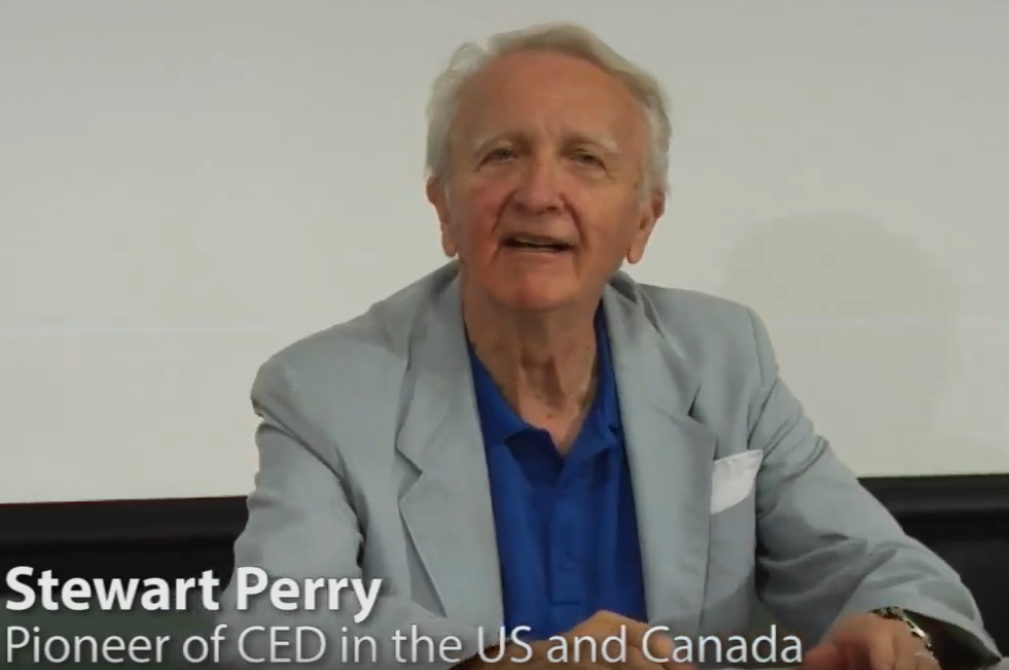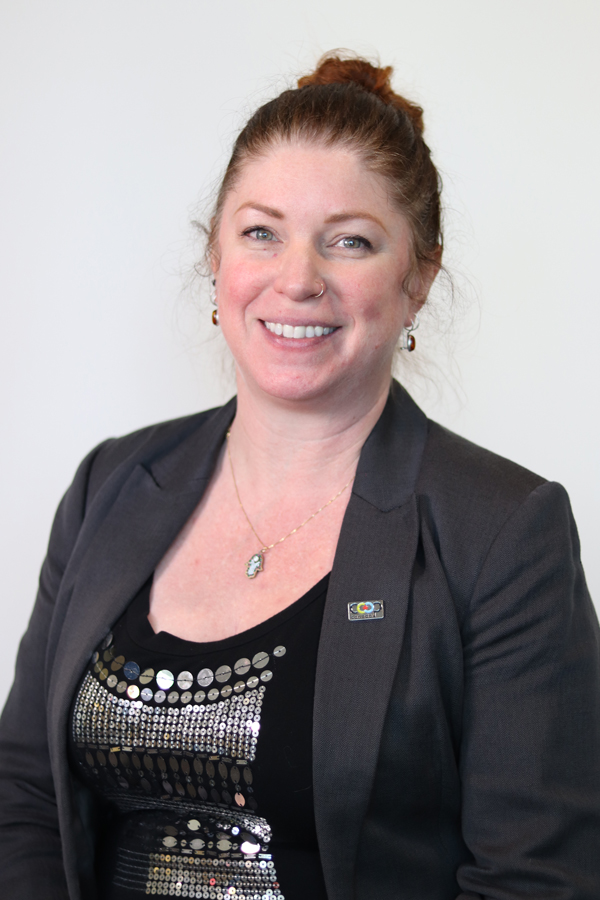Creating A Farmers Co-operative Workshop
 Working together is not exactly a new concept to agriculture in Alberta. The vast majority of agricultural producers are willing to drop whatever they are doing if a neighbour, friend or family member needs a hand. There are also producers in Alberta who have found it benficial to take things one step further by creating a co-operative with other producers.
Working together is not exactly a new concept to agriculture in Alberta. The vast majority of agricultural producers are willing to drop whatever they are doing if a neighbour, friend or family member needs a hand. There are also producers in Alberta who have found it benficial to take things one step further by creating a co-operative with other producers.
Rural Routes to Climate Solutions has partnered up with the Alberta Community and Co-operative Association (ACCA) to host a full day workshop for agricultural producers to learn how to form their very own co-operative that will help producers save on costs and minimize their environmental footprint. Co-operatives that can benefit producers come in all different shapes and sizes—consumers co-ops, producers co-ops, land management co-ops, energy generation co-ops—and we’ll take you through the steps of designing the co-op that will work for you.
Register for Creating A Farmers Co-operative Workshop
Alberta Community & Co-operatives Association will go through what you need to consider before forming a co-operative (also when not to form a co-operative) and how to get it done. Then we put you to work. Using the ‘co-op road map’ laid out by ACCA, we put you through the steps of creating a co-operative. Call it a practice run. Once the group(s) completes the first step, they then move on to the next, etc. Don’t worry, we’ll be there for every step of this process just in case you and your group need assistance.
We are also planning on having other producers on hand who run co-operatives of their own to share their stories. The presenting producers will be announced at a later time and date.
If you and other producers you knew have been toying with the idea of establishing a co-operative for some time now, this workshop is a perfect opportunity to test that idea. Bring yourself, bring them and find out if a co-operative is a good fit.
Your registration fee ($15.00) includes lunch and coffee. Limited spots are available for this workshop. Please purchase your ticket immediately so we have a better idea how many people we need to provide lunch for. If you register after January 30th, WE CANNOT GUARANTEE YOU WILL RECEIVE LUNCH. We’ll need to finalize our catering order by that date.
And as a bit of pre-workshop homework, be sure to listen to our Farmers Co-ops 101 podcast episode with Seth Leon of the Alberta Community & Co-operatives Association.
The Alberta Community and Co-operative Association is a not-for-profit co-operative working for the education, development and promotion of co-operatives across Alberta.


 Stewart Perry, CED Practitioner & CCEDNet honorary lifetime member
Stewart Perry, CED Practitioner & CCEDNet honorary lifetime member Victoria Morris, Executive Director, Saskatchewan Co-operative Association (SCA)
Victoria Morris, Executive Director, Saskatchewan Co-operative Association (SCA) What is good governance? Co-operatives across Canada struggle with the issue of governance and how to effectively make decisions and implement policies that benefit their organizations. This webinar will present a model of good governance for co-operatives and offer insights into organizational policy being practiced in the co-op sector. Examples will focus on rural Canadian co-operatives and the practical and policy implications of strategic decisions.
What is good governance? Co-operatives across Canada struggle with the issue of governance and how to effectively make decisions and implement policies that benefit their organizations. This webinar will present a model of good governance for co-operatives and offer insights into organizational policy being practiced in the co-op sector. Examples will focus on rural Canadian co-operatives and the practical and policy implications of strategic decisions. More than 100 million people in the United States — one in every three residents, and nearly half of all people of color — are economically insecure, with a household income below 200 percent of the federal poverty level. The new report from PolicyLink and PERE, "100 Million and Counting: A Portrait of Economic Insecurity in the United States," states that this reflects not only the toxic polarization of wealth and income but also the persistence of racial inequities throughout the economy.
More than 100 million people in the United States — one in every three residents, and nearly half of all people of color — are economically insecure, with a household income below 200 percent of the federal poverty level. The new report from PolicyLink and PERE, "100 Million and Counting: A Portrait of Economic Insecurity in the United States," states that this reflects not only the toxic polarization of wealth and income but also the persistence of racial inequities throughout the economy.